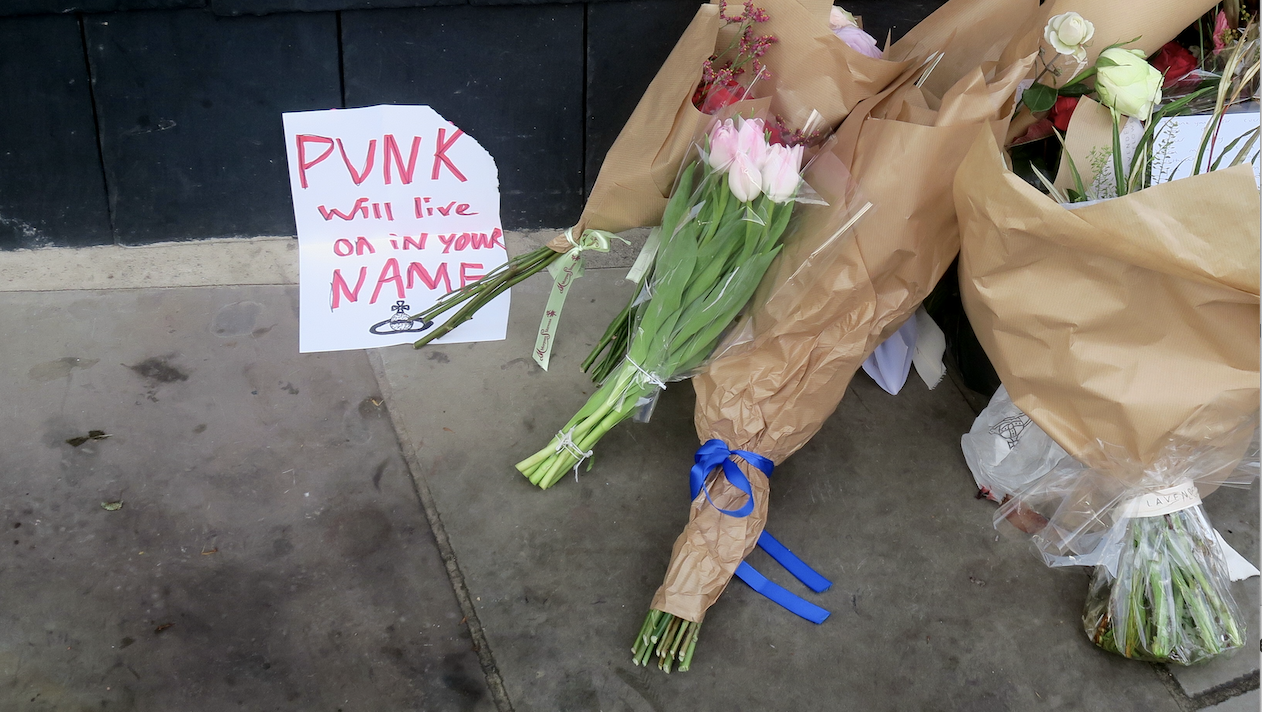
Ebbs and flows: the Oxford underground music scene

The story of electronic music in the UK is like a long river, with a hundred junctures of genre, and a thousand tributaries of subculture and style. There’s little to prove that the water running through 1988 Acid House is anything like the water running through 1993 Jungle, or 1995 Garage. It is often said that all this culture comes from the same place: the disorderly, usually aggressive youth, bouncing mindlessly to primitive music to punctuate their more focused consumption of hard drugs.
We don’t buy that story. Electronic music in the UK is united by a resistance to integration into the mainstream. ‘There’s something eternally cool about an unheard track that, untouched by the radio, is played in a dark place with a low ceiling where you’re not supposed to be.
By contrast, if the University of Oxford is anything, it’s a motionless lake of tradition. Built on thousand-year projects of ceremony, this University shoves youth expression aside in the name of pomp and deference. We’re told that the best nights out in Oxford are black-tie town hall functions with a shoe-slipping silent disco, not a grubby rave in someone’s basement. The closest we come to late-night liberation is a small dose of Shy-FX on the Bridge R&B Floor. While every other student in the UK has access to the glorious world of rebellion, expression, and the underground, we’ve sold all the energy and vibrance of youth for shiny Oxford degrees and formal dinners. To put this in the style of our tutors: it’s worth noting that this is a false dichotomy.
Though many write a grim prognosis of music culture in Oxford, it doesn’t have to be this dire. Student DJs used to run the scene at Oxford, filling venues with those retiring from essays, slipping out of their gowns for something a bit more real: underground sounds, young crowds, and nights worth revisiting beyond your first, clueless year. Deep Cover, Keep Hush, and Spice Lounge were influential in the 2010s. Covid hit hard, and the market changed. OxEvents operates a strong-arm monopoly over University Entz, covering most of the venues in the city and policing the type of nights on offer. There are now only a couple of available venues, reserved for student DJs with the capital to afford it, or the confidence that they can rival the big market players and pull a crowd.
Societies, the alternative media, and the occasional house party have all done their bit to keep a scene ticking, but there are increasingly options for students looking for a better night. What’s more, student DJs are rarely paid for their work and lack the freedom to build events on top of taxing degrees. Some stand apart—Martian Moves, most notably.
Like them, NightSchool began as a collective of DJs tired of the state of the Oxford scene. Our parties in college were shut down, so we made the move into the big venues. We hold our own in competition with the market players with only the support of fellow students who share our grievances with the scene and want something new. What mainstream Oxford nightlife misses is that the best nights come when they listen to students and are led by students. It’s their greatest loss, and it’s our greatest asset.
Our vision is simple: to promote student DJs and rekindle a once-vibrant underground scene. In this city full of students, their nightlife should belong to them, not just as consumers, but as creators, curators, and performers. We’re building a community where creativity thrives, and where nights out mean something more than just passive consumption. Here at NightSchool, we’re bringing back a scene driven by artistry, collaboration, and the spirit of youth, proving that great nights out still have a place in this city.
Oxford’s underground scene has always pulsed beneath the surface. Sometimes loud, sometimes quiet, but never fully extinguished. NightSchool stands in that lineage, not as a nostalgic throwback, but as a forward-looking movement determined to keep the flame alive. We honour the past by refusing to let it fade, and we shape the future by giving the next wave of DJs and dancers the space to be heard. The river of electronic music might take many turns, but here in Oxford, it’s flowing again.∎
Words by Nightschool. Image courtesy Nightschool.







